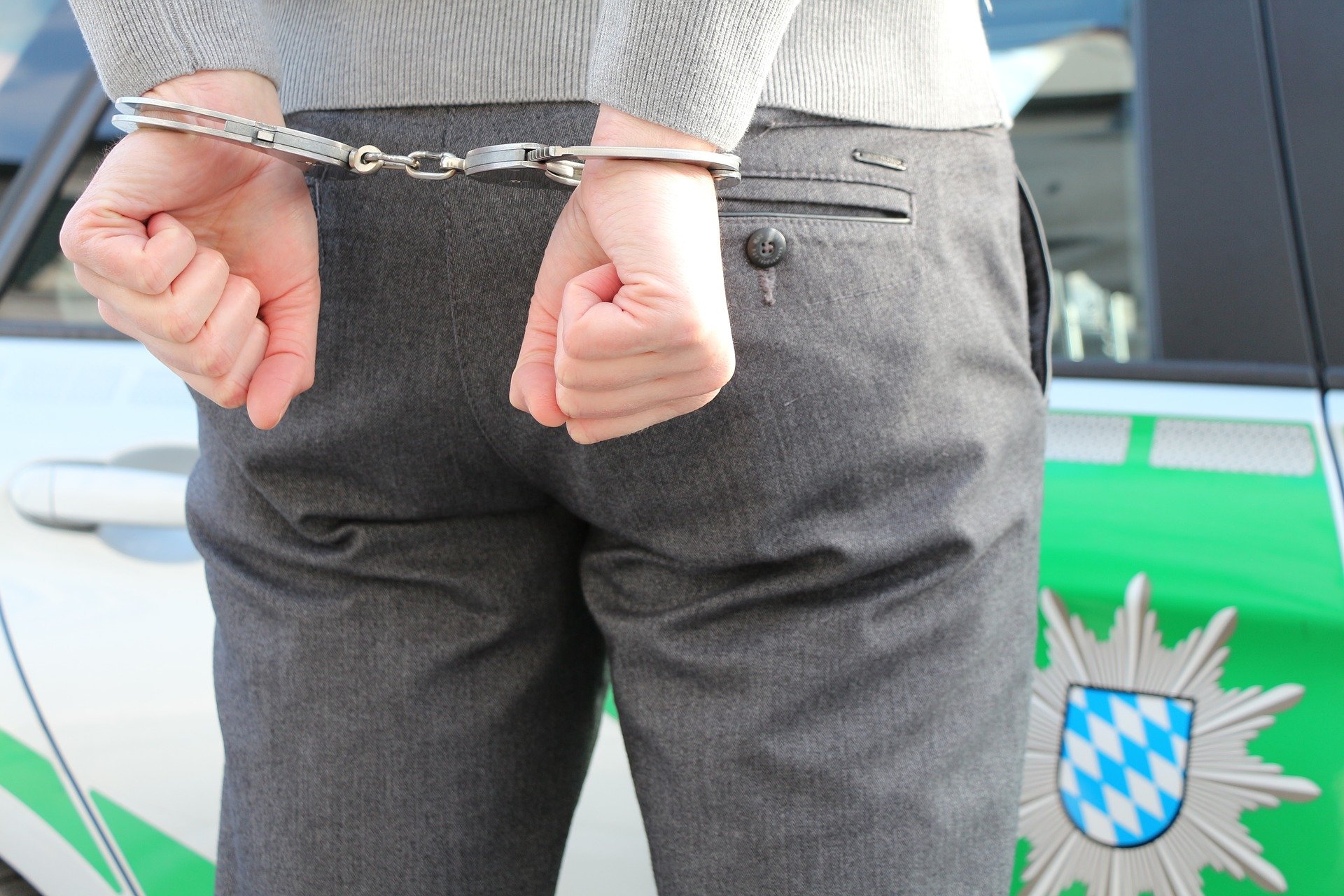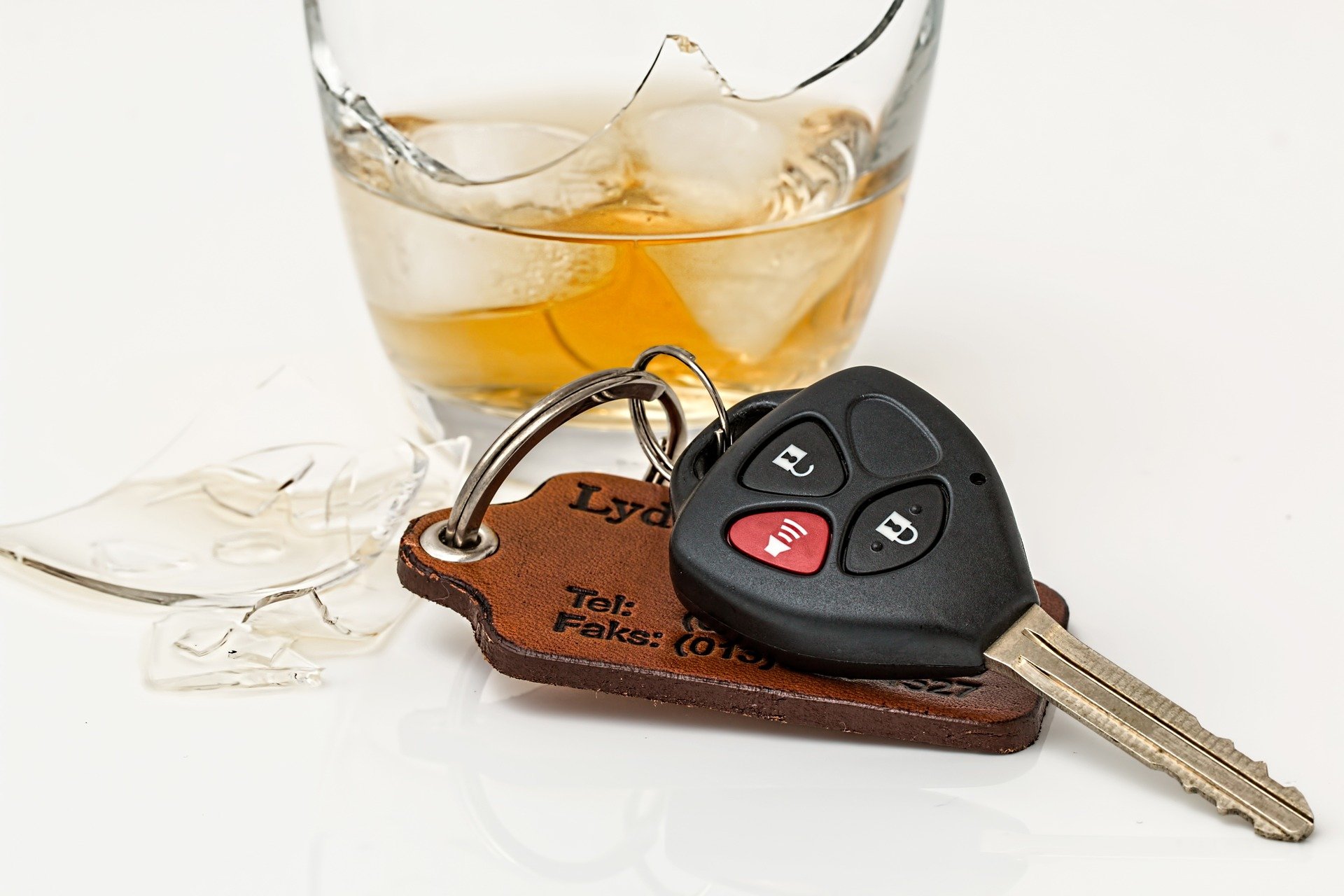How is Assault Defined in California?
Under California law, assault is the unlawful attempt, coupled with present ability, to commit or threaten violent injury against another person. Even the threat of physical injury is enough to be considered assault. Examples of assault crimes include criminal threats, domestic violence, sexual assault, aggravated assault, and assaulting a police officer. Assault with a deadly weapon is a more serious criminal charge.
Depending on the circumstances of each individual case, these criminal offenses can be charged as either misdemeanors or felonies. To convict, the prosecutors must show that you either threatened or used force intentionally and willfully, that you were aware of the likely result of such force, and that you could apply such force.
Penalties for assault and aggravated assault in California vary depending on the weapons used, the degree of injuries caused, and the identity of the victims. When charged with assault crimes, it is important to retain professional legal counsel from an experienced criminal defense attorney. Your criminal lawyers will develop legal defense strategies that could help clear your name and dismiss the case, including potentially calling into question evidence brought against you.
What Are the Different Types of Evidence?
Before discussing how you may challenge evidence in an assault case, it is important to understand the different types of evidence that could be brought against you in a criminal case.
Physical evidence, which may include DNA samples, fingerprints, drugs, and weapons, plays significant roles in criminal cases such as assault cases. The proper collection and preservation of such evidence is critical in criminal cases. The mishandling of physical evidence could result in that evidence being thrown out.
In our increasingly technologically driven world, electronic data such as text messages, emails, and social media posts are critical pieces of evidence in criminal cases. Convincing digital evidence could benefit either the prosecutors or the criminal defense team.
Testimonial evidence includes such instances as witnesses claiming to have observed the crime in action. For testimonial evidence, the reliability of the witnesses brought forth in a courtroom setting is critical for the usefulness of the evidence.
Documentary evidence, such as contracts, statements, and business documents, can be useful for building an alibi for the defendant.
Exculpatory evidence could potentially clear the defendant’s name and prove their innocence. Under California law, prosecutors must disclose any evidence that could exonerate the defendant.
Can You and Your Attorney Challenge Evidence in an Assault Case?
Your criminal defense lawyers will explore many legal options for developing a defense strategy that suits your needs. Among the many strategies that your criminal attorneys may consider could include challenging the evidence brought against you in your assault case.
There are many different ways to challenge evidence in a criminal trial. These include the following:
- Challenging how the state gathered evidence
- Questioning the chain of custody of evidence
- Challenging the storage, interpretation, and testing of evidence
- Cross-examining and challenging witnesses
- Questioning the legitimacy of physical evidence
- Raising the prospect of insufficient evidence or lack of direct evidence
If you are facing criminal charges in an assault case, it is incredibly important that you retain professional legal counsel from experienced attorneys local to you. Our law firm has extensive experience representing criminal cases, including representing clients accused of assault offenses. To learn more about how we may assist you during this challenging scenario, please contact our law firm to schedule your free initial consultation today.
What is Chain of Evidence?
Juries and judges are asked to interpret the evidence presented to them in courts by the prosecution and other investigators. It is essential that evidence presented in criminal trials be uncorrupted, reliable, and unaltered.
Chain of custody for evidence is critical in criminal cases like assault cases. The prosecution is asked to present evidence proving guilt in a court of law. However, if the proper chain of custody is not followed, the evidence could be brought into question.
One of the ways to challenge evidence in an assault case is to refute the chain of custody for evidence. Our criminal defense lawyers can help show discrepancies in the chain of evidence, including pointing to examples of police officers failing to prove they had control of evidence at particular times, forms being incorrectly labeled or lost, the transfer of evidence taking unreasonable amounts of time, and the belief that the evidence could be tampered with.
How to Challenge the Gathering of Evidence in a Criminal Case?
Police and other investigators must follow state laws when conducting a legal investigation into an assault offense. A criminal defense attorney may point to the police for violating civil rights and breaking the law during the investigation, which could impact any evidence that those police officers gathered against you and your case.
For example, if police officers or other investigators conducted a search and seizure without a warrant or without probable cause, your lawyers could challenge the admission of that evidence. Similarly, police officers who violate your civil rights or intimidate you into a false confession could be challenged, and the evidence could be thrown out.
Can You Challenge the Collection, Storage, Interpretation, and Testing of Evidence?
It is important that all evidence, be it physical or otherwise, be handled correctly to ensure the accuracy of tests, interpretations, and clean evidence. The presence of others at a crime scene, contamination of physical evidence, inadequate or improper record-keeping, or gaps in the chain of custody of evidence could be reasons for your lawyer to object to the accuracy of the evidence presented.
The analysis of evidence collected against your case is also essential. Your lawyers can challenge the analysis and interpretation of the evidence against you, potentially bringing in independent forensic experts to draw alternative conclusions.
Schedule a Free Consultation with Experienced Criminal Defense Attorneys Today
In addition to challenging the physical, digital, documentary, and exculpatory evidence in a case, your attorneys may also challenge the reliability of certain witnesses. Witnesses with conflicts of interest or bias in cases should not be relied upon for accurate testimonies.
Our law firm has years of experience representing clients in Orange County, CA, and we would be proud to represent your interests and legal rights in your Criminal Court case. To learn more about our legal services, please contact our Tustin-based law firm to schedule your free, no-obligation case evaluation today. You can reach us at 714-294-0599.






